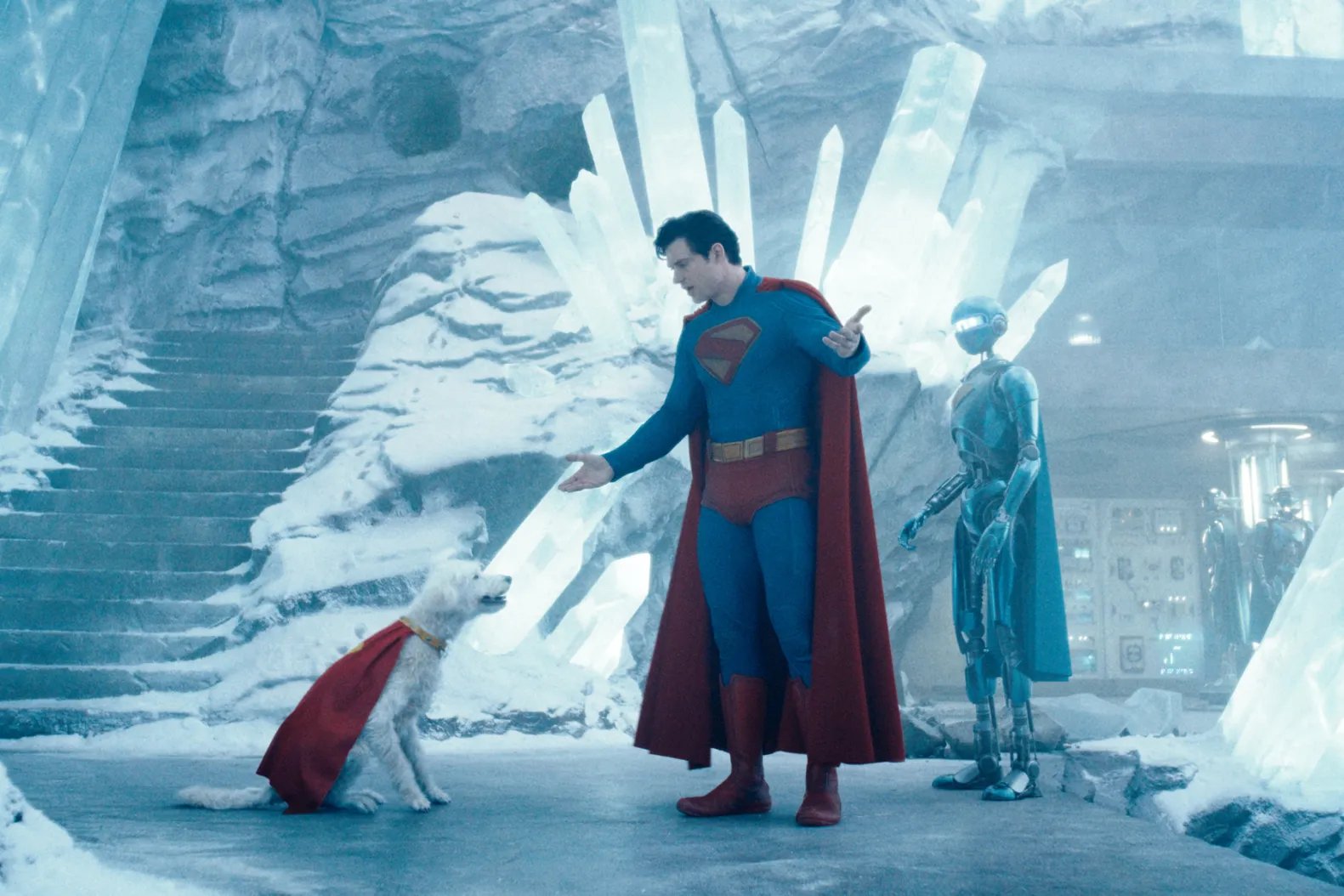James Gunn’s Superman is hitting U.S. theaters this Friday, and early reactions suggest it might be just the jolt the superhero genre needs. As comic book fatigue continues to settle in across moviegoers and critics alike, Gunn’s take feels fresh, focused, and remarkably human. With an 88% Certified Fresh rating on Rotten Tomatoes, the film is already being praised for its storytelling, tone, and grounded emotional core.
At the heart of it is David Corenswet, stepping into the red-and-blue suit with a mix of reverence and sincerity. His Superman isn’t just a symbol of hope—he’s a conflicted figure, grappling with what it means to live a double life. On one hand, he’s a godlike being from Krypton capable of unimaginable feats. On the other, he’s Clark Kent, the quiet, sometimes awkward reporter at the Daily Planet, just trying to fit in. That identity crisis isn’t just a plot device—it’s the soul of the movie.
The film doesn’t shy away from big-picture issues either. Superman is drawn into a web of international politics, where his presence is as much a geopolitical flashpoint as it is a force for good. And standing in sharp contrast to him is Lex Luthor, portrayed with icy charisma by Nicholas Hoult. Luthor isn’t a cartoon villain here—he’s the human embodiment of unchecked power, wealth, and manipulation. The ideological clash between them feels uncomfortably close to real-world debates about who gets to wield influence and why.
What makes this version of Superman stand out isn’t just its themes or visual effects—it’s the tone. James Gunn brings his signature blend of earnestness and self-awareness, a style he honed in films like Guardians of the Galaxy and The Suicide Squad. Here, he strips away the noise that often accompanies superhero epics. Instead of a bloated multiverse or endless cameos, the film zeroes in on people. There’s humor, yes, and spectacle too—but it never loses sight of the human element.
Critics have already taken note. Johnny Oleksinski of the New York Post praised the film’s character-first approach, saying it avoids being “a puzzle piece in a universe or a loud series of action set pieces.” The New York Times highlighted Gunn’s ability to find the right balance between sincerity and levity, reminding audiences that while superheroes are inherently a bit silly, their stories still matter.
Another standout aspect is how self-contained the movie feels. In an era where every film seems designed to set up the next five, Superman tells a complete story. There are hints of a broader world, sure, but they never overshadow what’s happening in the here and now. That choice might be a strategic one, tapping into the fatigue audiences feel after years of interconnected cinematic universes that often favor setup over payoff.
Beyond the film itself, this project marks the beginning of Gunn’s larger role as co-chair of DC Studios. While Superman isn’t burdened with building out a new franchise just yet, it does carry the weight of setting the tone for what’s to come. If this film resonates with audiences—and early reactions suggest it will—it could lay the foundation for a new era of DC storytelling, one more interested in heart than hype.
What’s clear already is that Superman doesn’t try to reinvent the superhero wheel. Instead, it reminds us why we fell in love with these stories in the first place. It doesn’t ask us to believe in impossible powers or alien technology—it asks us to believe in people, in goodness, in the struggle to do the right thing when it isn’t easy.
It’s too soon to say whether Gunn’s Superman will change the direction of the genre, or if it’s simply a bright moment in a murky landscape. But what’s certain is this: it soars not because it’s loud or flashy, but because, for the first time in a long while, Superman feels human again.+
